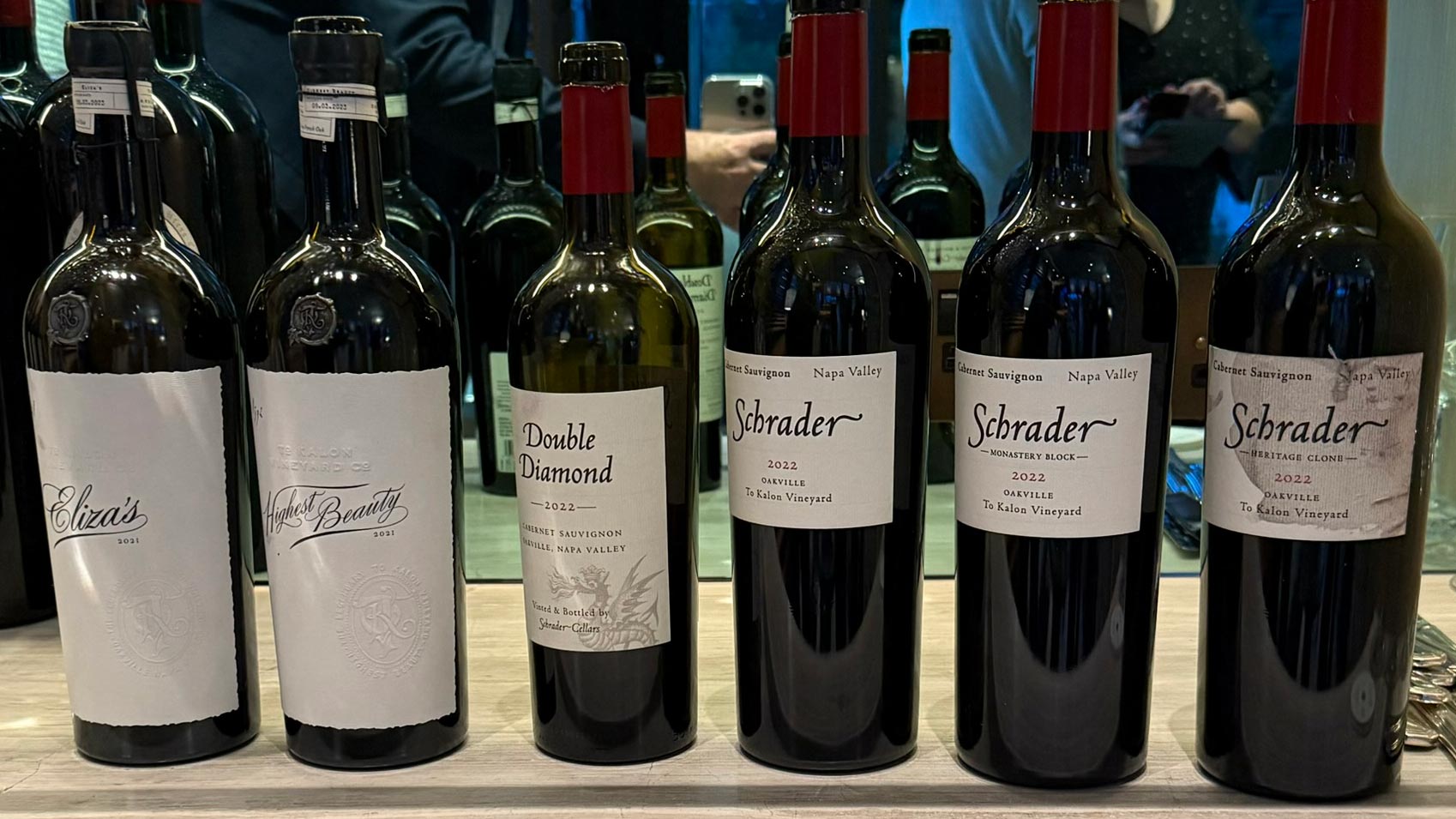If you’ve ever heard someone whisper “it’s in bond” at a wine tasting, don’t worry—it’s not code for a secret society (though it does sound rather mysterious, doesn’t it?). It simply means the wine’s stashed away in a special HMRC-approved fortress where neither Duty nor VAT has dared to enter. Welcome to the wonderfully nerdy world of bonded wine storage in the UK—a place where tax takes a back seat and your wine ages in peace.
Why Bonded Wine Storage Is the Cellar You Never Knew You Needed
Picture this: You buy a case of promising Bordeaux, but rather than sticking it under the stairs next to the hoover and a bag of potatoes, you let it slumber in a pristine, climate-controlled cave under HMRC’s watchful eye. Why? Because no Duty or VAT is charged until that wine sees daylight (or dinner). And if you decide to sell it instead of sip it? You may never pay those taxes at all. Cheers to that.
It’s not just about dodging the taxman, though. Keeping wine in bond helps secure its provenance—a posh way of saying, “this bottle’s not been sweating it out in someone’s loft.” Fine wine is a delicate diva. Temperature swings, dry corks, dodgy lighting… any of these can ruin its ageing process faster than you can say “oxidation.” Bonded warehouses protect your investment like an overprotective parent-controlled climate, security, and no funny business.
Who’s Who in the UK’s Wine Fort Knox Club
The UK’s bonded storage scene is buzzing. And while we can’t sneak a peek inside every cellar, here are some of the big players:
- London City Bond (LCB): Like the Amazon of fine wine logistics, with over 10 million cases in their vaults. Their Drakelow Tunnels—yes, former nuclear bunkers—now shelter vintage treasures instead of wartime secrets.
- Octavian: Widely hailed as the Ritz of wine storage. Their Wiltshire facility is the equivalent of spa treatment for bottles. No nail polish, just perfect humidity and rock-solid security.
- Berry Bros. & Rudd: Not just a merchant, but a fine wine exchange (BBX) with over £1 billion of wine under their roof. You get provenance, auctions, and even photo evidence your wine’s looking good.
- Cult Wines: These folks manage around £250 million in wine assets and are moving to the flashy new Coterie Vaults, capable of housing a cool 10 million bottles. Now that’s a wine cellar with ambition.
- Justerini & Brooks’ Cellarers: Guardians of £450 million in wine, known for their obsessive labelling habits—which, let’s be honest, you want when your investment smells like plum and costs more than your car.
- Private Reserves Ltd: My personal favourite. Established in 1988 and now one of the UK’s most respected storage providers, they strike the perfect balance between old-school wine love and top-notch modern logistics. Think of it as the Savile Row of cellaring—classic, well-tailored, and always a good fit.
Is It Worth It for the Average Collector?
Let’s say you’ve started picking up the odd en primeur case, or you’ve inherited Uncle Bob’s Burgundy stash. Bonded storage isn’t just for the wealthy elite or wine investment funds—it’s for anyone who wants their wine to mature gracefully and be ready for resale sans tax-induced headaches.
Plus, if you ever decide to part ways with your beloved bottles (no judgment), selling “in bond” tends to fetch better prices because buyers know the wine’s been pampered.
Tax Talk (But Make It Tolerable)
Here’s the juicy bit. You won’t pay Duty or VAT if your wine stays in bond. When it’s finally withdrawn for drinking, VAT is calculated based on the original purchase price—not the potentially tripled resale value. It’s like buying a Rolex, hiding it for a decade, and still paying tax on its 2015 price. Glorious.
And there’s more: if HMRC deems your wine a “wasting asset” (lasting less than 50 years), it’s exempt from Capital Gains Tax. You can thank the government for assuming your wine won’t make it past its golden jubilee. If you sell bottles under £6,000, they may also be CGT-free under the chattels rule.
Inheritance Tax? Sadly, yes—it applies. So, if you pop your cork before your wine does, your heirs may owe 40% on the stash. Solution? Give it away seven years before you plan to check out, or just drink it with friends.
Not All Warehouses Are Created Equal
When picking a bonded storage provider, do your homework. Look for:
- Temperature control (10-15°C)
- Humidity around 65-70%
- Vibration-free environment
- Photographic condition reports (very Instagram, very useful)
- Online inventory access (hello, modernity)
Want to peek inside a Drakelow Tunnel or a Wiltshire vault? Most likely not, but the logistics companies love to tell you they’re guarding your vino like it’s the crown jewels—and frankly, some of it is.
What About the Rest of the World?
Bonded storage isn’t just a UK quirk. Bordeaux, Hong Kong, and Singapore all have their versions. But the UK’s tax-friendly setup, deep-rooted wine trade, and oenophile obsession make it a prime hub. Plus, there’s the CGT perk, which you won’t find in most international jurisdictions.
The Final Swirl
Bonded wine storage in the UK is a beautiful marriage of patience and planning. Whether you’re a collector, investor, or just someone who enjoys watching bottles appreciate more than Bitcoin, keeping your wine under bond can be a smart financial move and a sign of good taste.
So, the next time someone mentions their case of 2010, Margaux is “in bond,” and give them a knowing nod. You’re in the club now. And if you’re not? It might be time to find a wine worth waiting for—and a vault to keep it safe.
Cheers to sipping smart, storing smarter, and savouring every bottle like it’s your last.
Follow my wine journey, misadventures, and musings on Instagram @WineGuide101, and let’s raise a glass to the stories behind the cellar. 🍷



